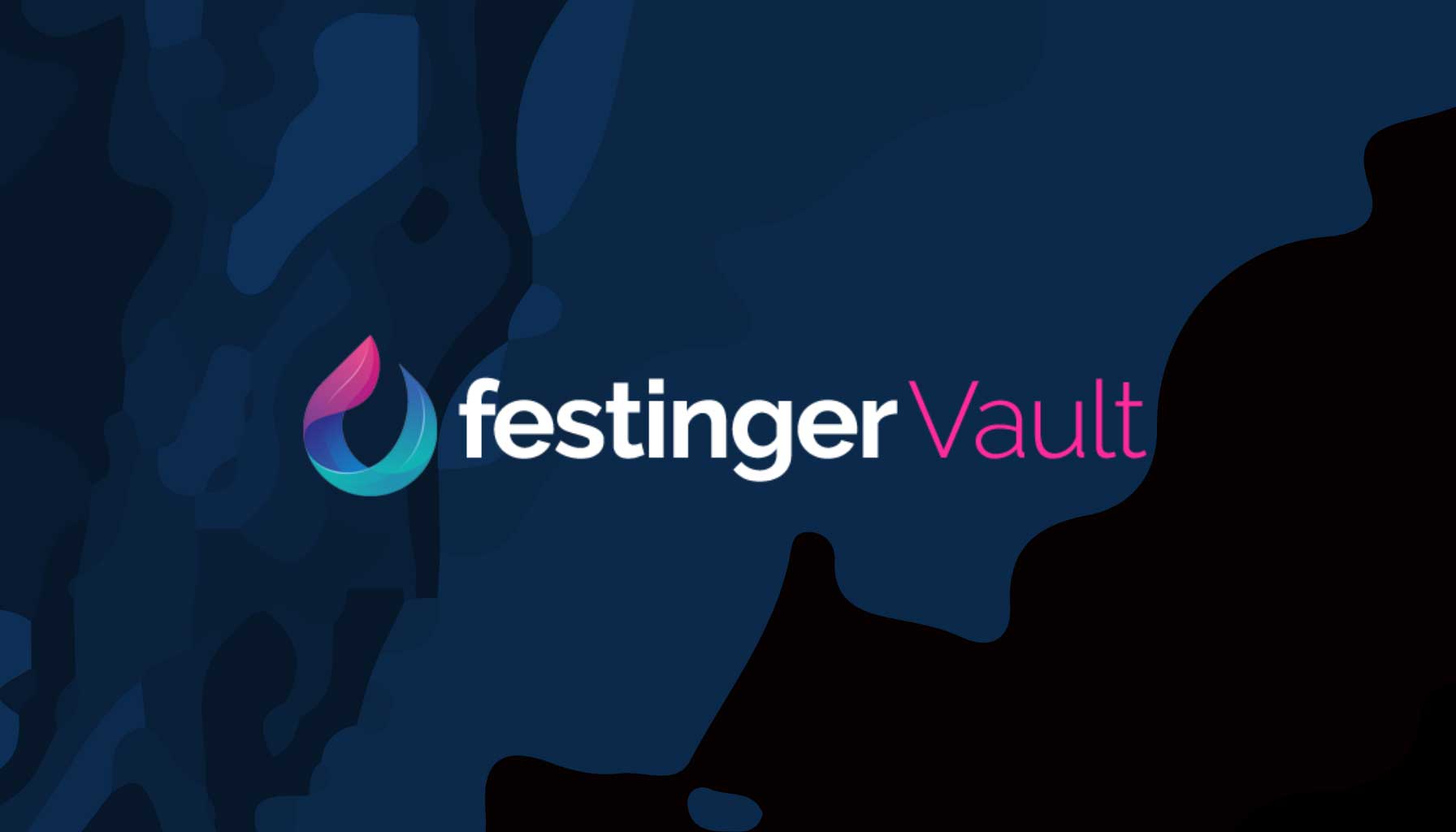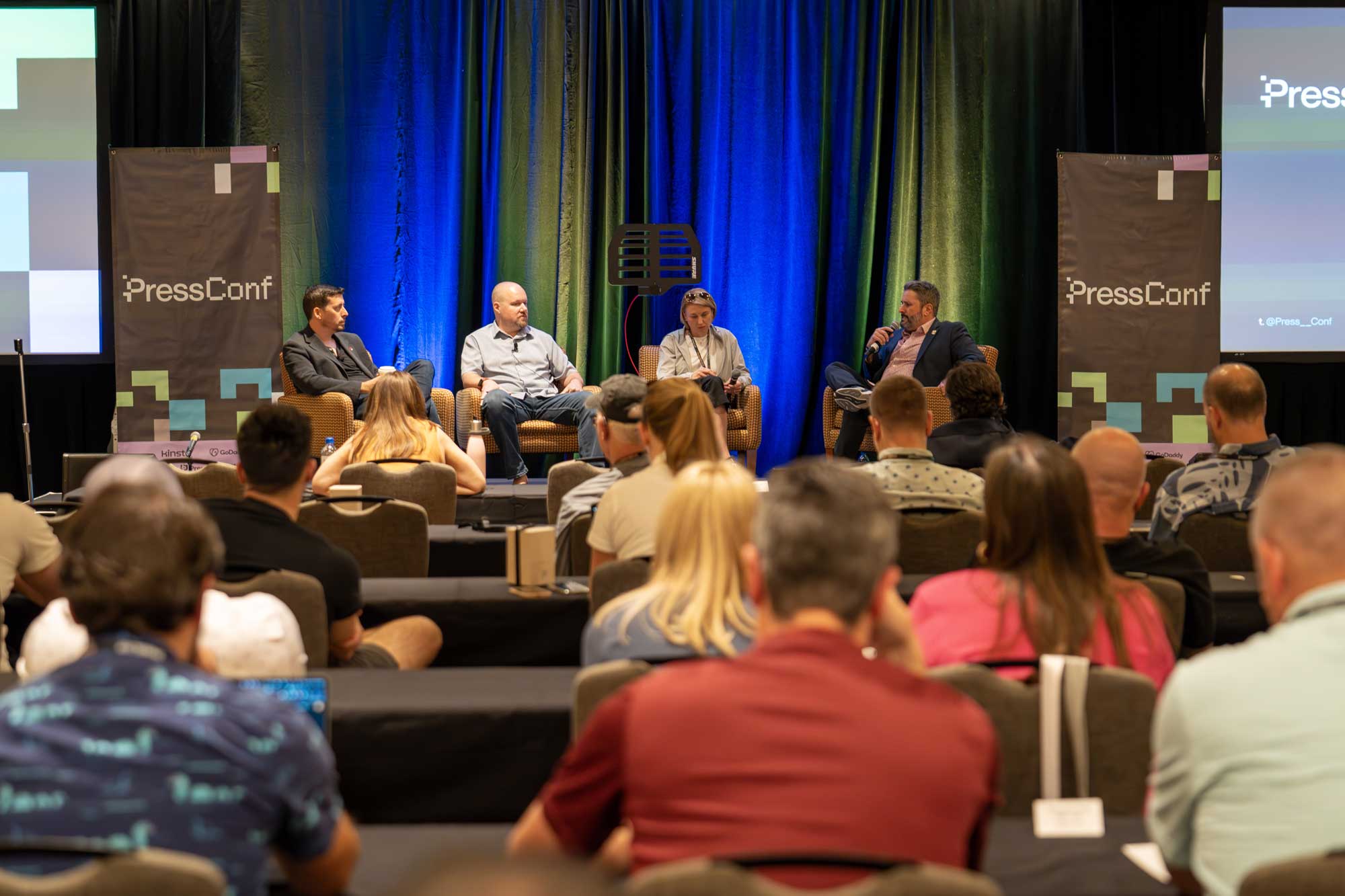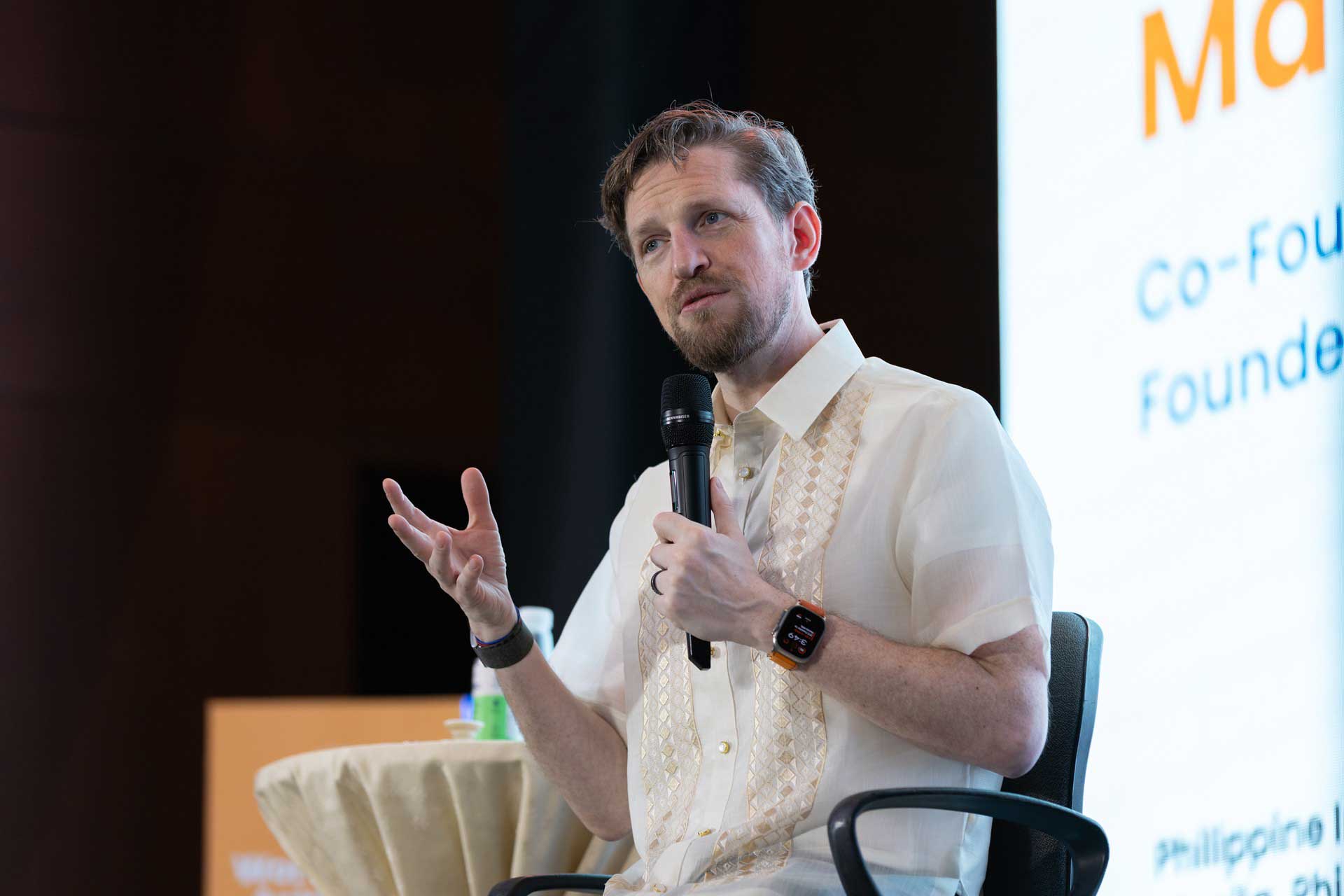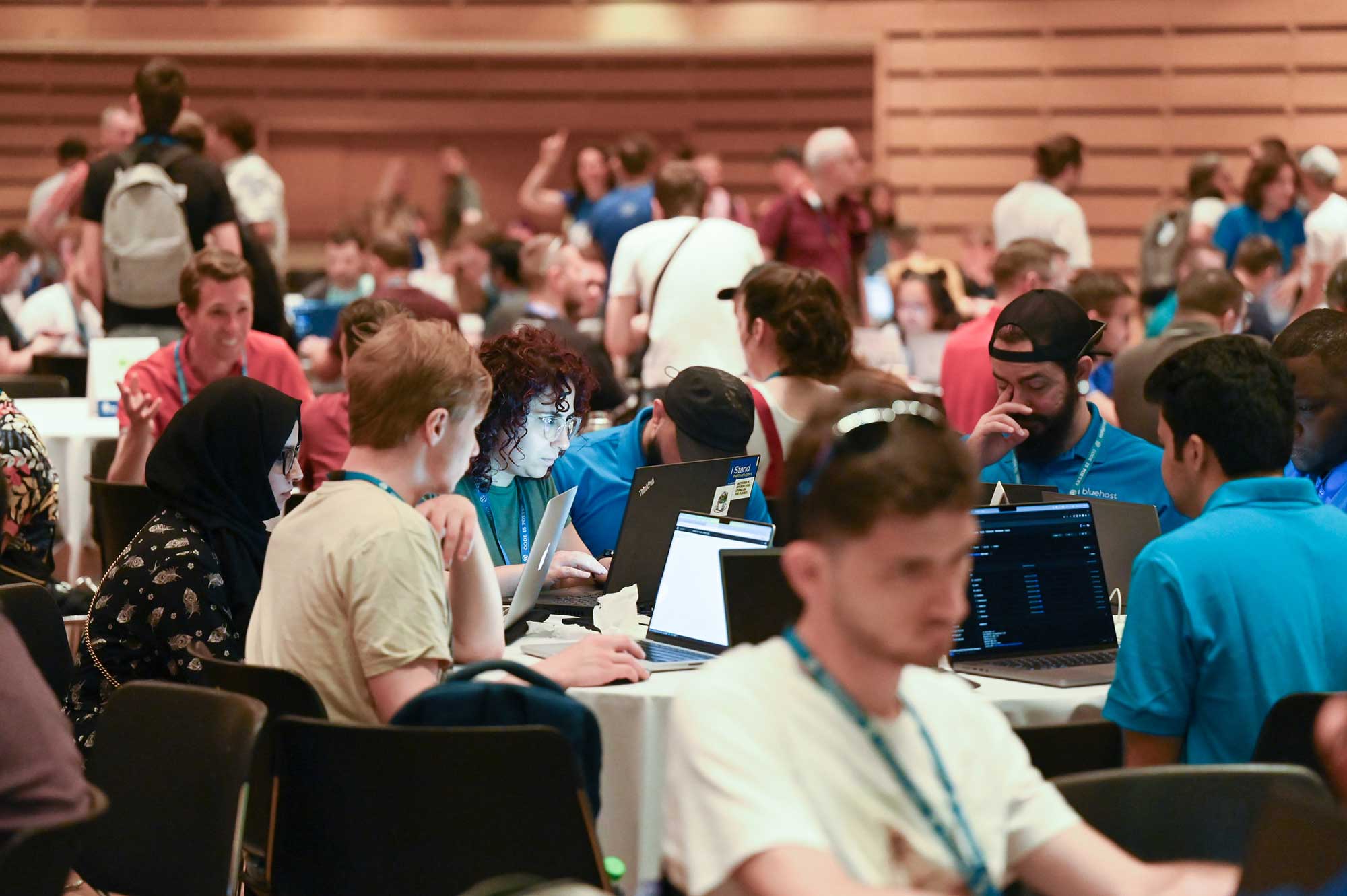Martin Groot, the developer behind Festinger Vault, has launched a public campaign to fund his legal fight against Automattic after the company forced the temporary closure of his website and seized his assets.
In September, Festinger Vault unexpectedly shut down after Automattic issued a cease and desist letter, accusing Groot of trademark infringement and GPL non-compliance. Launched in 2019, Festinger Vault sells access to 25,000 nulled premium plugins and themes under the General Public License (GPL).
Groot responded by filing legal action, and an initial hearing was held on October 2.
According to a summary judgment published by the Amsterdam District Court last week, Automattic was granted an ex parte court order on September 4 to have the Festinger Vault website temporarily shut down, with a daily penalty of €25,000 if Groot didn’t comply. The next day, Automattic also successfully petitioned the court to seize Groot’s personal assets, including his half in the ownership of his home, his car, and his bank accounts.
At the October 2 hearing, Automattic argued that Festinger Vault had violated both the WordPress and WooCommerce trademarks and GPLv2. In a statement provided to the court in support of Automattic’s claims, the WordPress Foundation described Festinger Vault as a “rogue actor” that had violated GPLv2 and misused WordPress trademarks. The foundation clarified that Automattic held exclusive rights to enforce and sub-license WordPress trademarks.
“For several years, we have received numerous complaints from members of the WordPress community about [Festinger Vault]. In turn, we consider them to be a rogue actor. Countless scores of WordPress community members have been subjected to repeated unsolicited spam messages from [Festinger Vault] via email, Slack, and other platforms. [Festinger Vault] appears to disregard laws governing unsolicited communications,” the foundation said in its statement.
But, opportunely for Groot, the court found that Automattic may have violated its Duty of Truthfulness and Duty of Completeness under Dutch law after failing to submit Automattic CEO Matt Mullenweg’s September 29 interview with YouTuber Theo Browne.
In the interview, reviewed by the court after the hearing, Mullenweg discusses other trademark disputes, describing Festinger Vault’s activities as “not illegal” and “legal under the GPL.” He goes on to say, “we were able to use the trademark basically to shut them down.”
In the summary judgment, the court noted that Mullenweg’s interpretation of the GPL “sheds a different light on the case” than Automattic had outlined in its petition, the statement of defense, and at the hearing. The court also noted that 15 pages of Automattic’s 30-page response to Groot’s legal action was devoted to Festinger Vault’s alleged infringement of the GPL, and only five to the alleged trademark violation.
The court decided to lift the freeze on Groot’s bank accounts and ordered Automattic to pay his court costs. The case will return to the Rotterdam District Court on November 27 for a decision on whether to lift the ex parte ban on the Festinger Vault website.
Groot confident he’ll win
In an announcement on the Festinger Vault website this week calling on supporters to help fund his legal case, Groot said he planned to reopen the site between December 9 and 13, pending the outcome of the court case.
Groot aims to raise €10,000 to cover costs for his upcoming court hearing and has raised €945 so far.
He also shared his story—that he launched Festinger Vault during the COVID-19 pandemic when his progressive muscular disease began limiting his mobility, making it difficult for him to continue working as a psychologist. When Automattic froze his bank accounts he lost access to essential healthcare funds and also lost access to his wheelchair-accessible car and adapted home, without any prior warning or attempt to resolve the matter directly.
He accused Automattic of trying to intimidate him with “tactics similar to those used against WP Engine” and said he would provide evidence at the next court hearing.
While Groot describes his business as a small, independent platform offering GPL-compliant WordPress resources to over 50,000 users worldwide, including nonprofits and individuals in need, many in the WordPress community, like Matt Medeiros at The WP Minute, argue that his practices are unethical and undermine the financial sustainability of original developers.
The Repository contacted Groot for comment but he did not respond before deadline.
Interpreting the GPL
Following the publication of the court’s summary judgment, Mullenweg clarified his interpretation of the GPL on his blog, stating that his reference to legality and GPL in the Browne interview was solely focused on the copying and modifying of the code.
“I was not speaking about their right to charge money for nulled plugins. GPLv2 prohibits that because they aren’t providing physical copies or support. This is very different from reputable web hosts, who provide hosting and support for websites and e-commerce stores,” Mullenweg said.
Lawyer and WordPress commentator Richard Best has also offered his interpretation of the GPL and nulled plugins, explaining that while GPLv2 does not prohibit people charging money for access to nulled plugins, it doesn’t mean they can resell plugins in any way they like. He points out that anyone who changes a plugin’s code and sells it needs to comply with the GPL’s notice, not infringe any trademarks, not infringe copyright in non-code files that accompany the plugin, and other important caveats.







